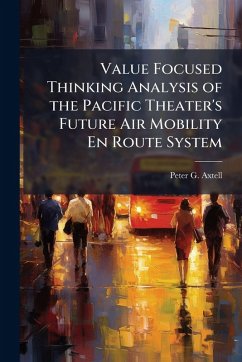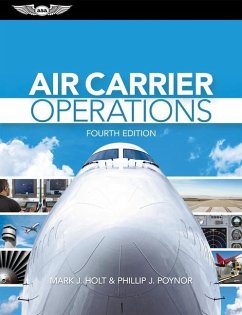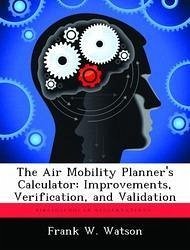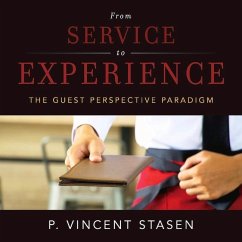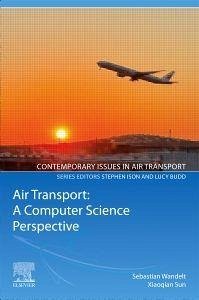
Air Transport: A Computer Science Perspective

PAYBACK Punkte
60 °P sammeln!
Air Transport: A Computer Science Perspective examines the integration of computer science principles in air transportation, bridging the gap between theory and real-world applications. It delves into automation, problem solving, and innovative aviation technologies. Authored by a seasoned team of a computer scientist and an airspace engineer, it offers a unique blend of expertise that highlights practical algorithms, data structures, and optimization techniques essential for flight operations and autonomous systems. Readers will learn about the latest regulations, ensuring they are well-equip...
Air Transport: A Computer Science Perspective examines the integration of computer science principles in air transportation, bridging the gap between theory and real-world applications. It delves into automation, problem solving, and innovative aviation technologies. Authored by a seasoned team of a computer scientist and an airspace engineer, it offers a unique blend of expertise that highlights practical algorithms, data structures, and optimization techniques essential for flight operations and autonomous systems. Readers will learn about the latest regulations, ensuring they are well-equipped to navigate the evolving air transport landscape.
Structured in five parts, the book begins with foundational concepts like computational complexity and intelligence. It then explores airline operations, including network design, flight scheduling, fleet assignment, and aircraft routing. The exploration continues with airport operations, focusing on gate assignment, ground vehicleallocation, and delay prediction. In the realm of air traffic flow management, readers will discover trajectory optimization, airspace sectorization, and network resilience assessment. The final section summarizes key insights and future trends.
This book is an invaluable resource for transportation engineers, computer scientists, and professionals in data science, software engineering, and aviation research. It is ideal for students in aerospace engineering, computer science, and data science programs, emphasizing practical applications that drive innovation and efficiency in the air transport sector.
Structured in five parts, the book begins with foundational concepts like computational complexity and intelligence. It then explores airline operations, including network design, flight scheduling, fleet assignment, and aircraft routing. The exploration continues with airport operations, focusing on gate assignment, ground vehicleallocation, and delay prediction. In the realm of air traffic flow management, readers will discover trajectory optimization, airspace sectorization, and network resilience assessment. The final section summarizes key insights and future trends.
This book is an invaluable resource for transportation engineers, computer scientists, and professionals in data science, software engineering, and aviation research. It is ideal for students in aerospace engineering, computer science, and data science programs, emphasizing practical applications that drive innovation and efficiency in the air transport sector.




